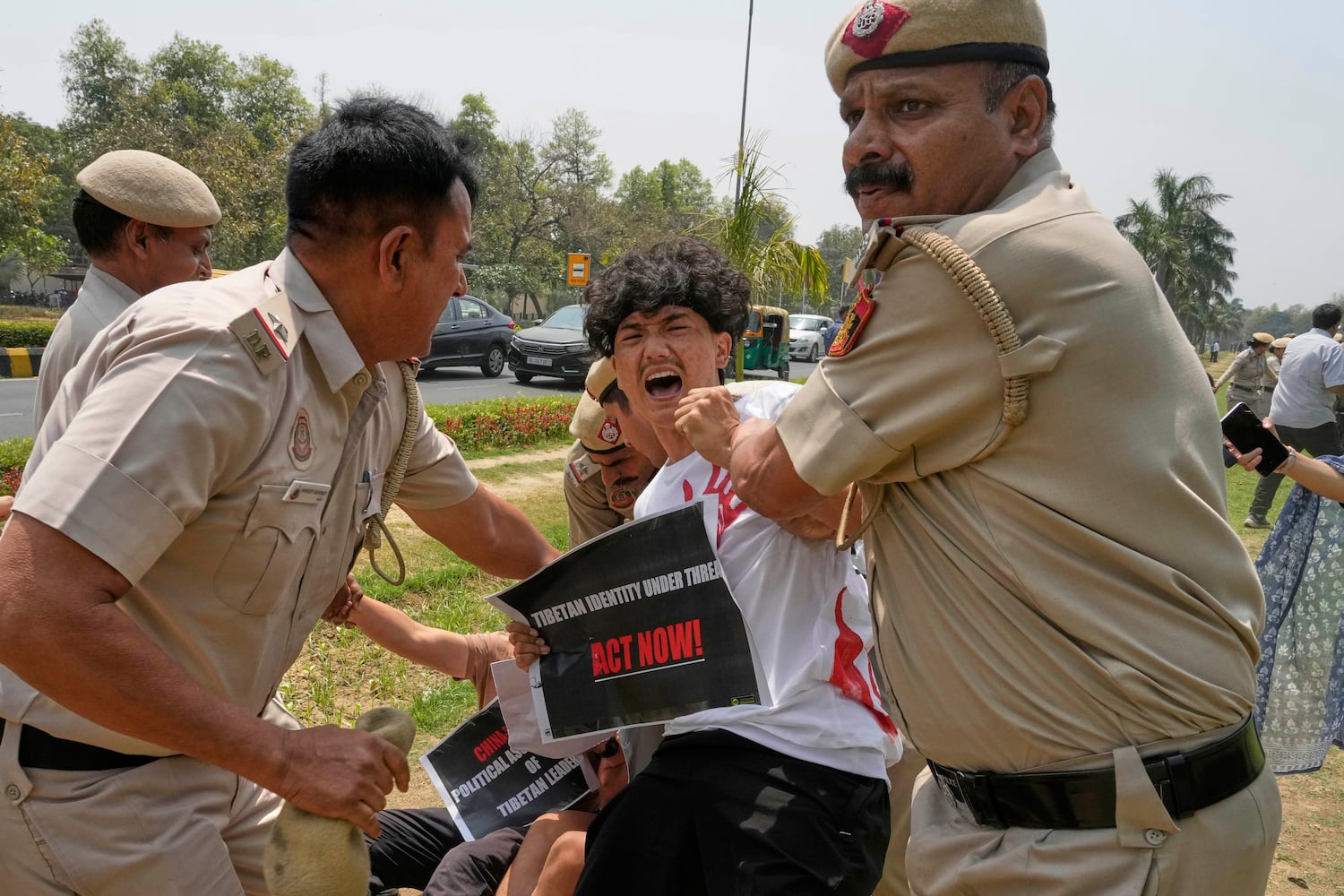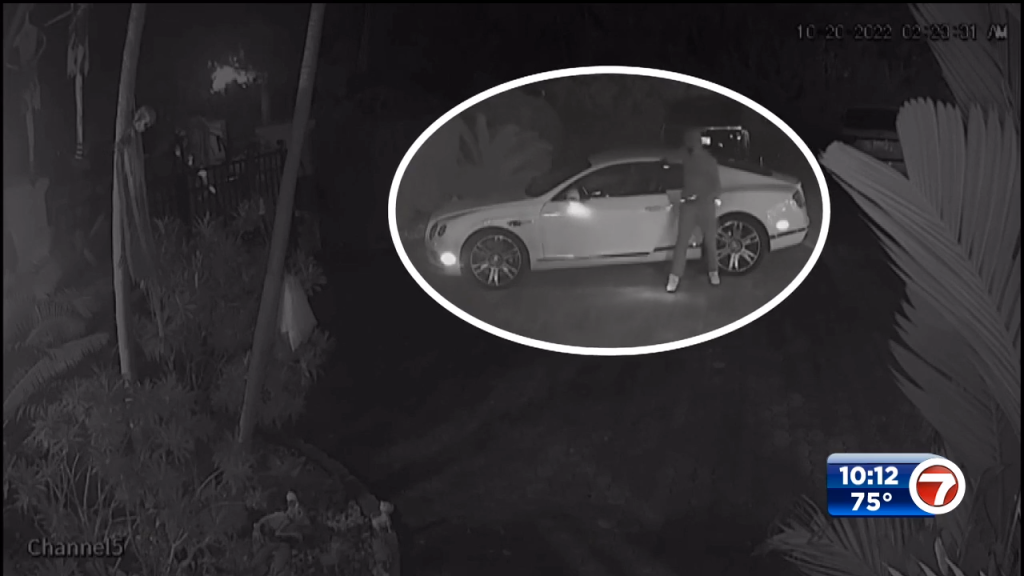Vigil, prayer and protest demand probe into death of Tibetan Buddhist leader
Tibetan activists scuffle with police at the Chinese embassy in New Delhi, devotees held vigil in Dharamsala
DHARAMSALA, India — Tibetan Youth Congress activists protested outside the Chinese Embassy in New Delhi on Friday following the death of revered Tibetan religious leader Tulku Hungkar Dorje while in custody in Vietnam.
In Dharamsala, dozens of Tibetan devotees marched in the streets for a candlelight prayer and vigil.

The Tibetan government-in-exile called Tuesday for an independent investigation into the death.
Human rights groups contend that Tulku Hungkar Dorje was arrested from his hotel room in Ho Chi Minh City in a joint operation by local police and Chinese government agents. He was reportedly transferred to Chinese custody where he mysteriously died the same day, they added.
On April 3, Lung Ngon Monastery in Gade county (Gande in Chinese), Golog prefecture, Qinghai province, issued a statement confirming that its revered 56-year-old abbot, had died in Vietnam’s Ho Chi Minh City due to poor health.
The monastery’s statement gave no further details. His followers say he had been missing for eight months.
“I am troubled to learn of the mysterious death of Tibetan religious leader Tulku Hungkar Dorjee in Vietnam,” said U.S. Rep. Jim McGovern in a post on X.
The Massachusetts Democrat said the State Department “must urge Vietnam to do a full and transparent independent investigation.”
I am troubled to learn of the mysterious death of Tibetan religious leader Tulku Hungkar Dorjee in Vietnam. He had been harassed by authorities in China for running his monastery and schools. @StateDept must urge Vietnam to do a full and transparent independent investigation. https://t.co/YR0HlxynfL
— Rep. Jim McGovern (@RepMcGovern) April 11, 2025
Tulku Hungkar Dorje was a renowned religious teacher, philanthropist, and educator. He disappeared in August 2025 after he called at a public teaching in July for the preservation of Tibetan language and culture.
Chinese authorities forbid the monastery and local residents from holding public memorial services and prayers for the abbot, underscoring the sensitivity of his death, three sources from the region told Radio Free Asia on Wednesday.
The sources requested anonymity because they feared reprisals.
This article has been sourced from various publicly available news platforms around the world. All intellectual property rights remain with the original publishers and authors. Unshared News does not claim ownership of the content and provides it solely for informational and educational purposes voluntarily. If you are the rightful owner and believe this content has been used improperly, please contact us for prompt removal or correction.












